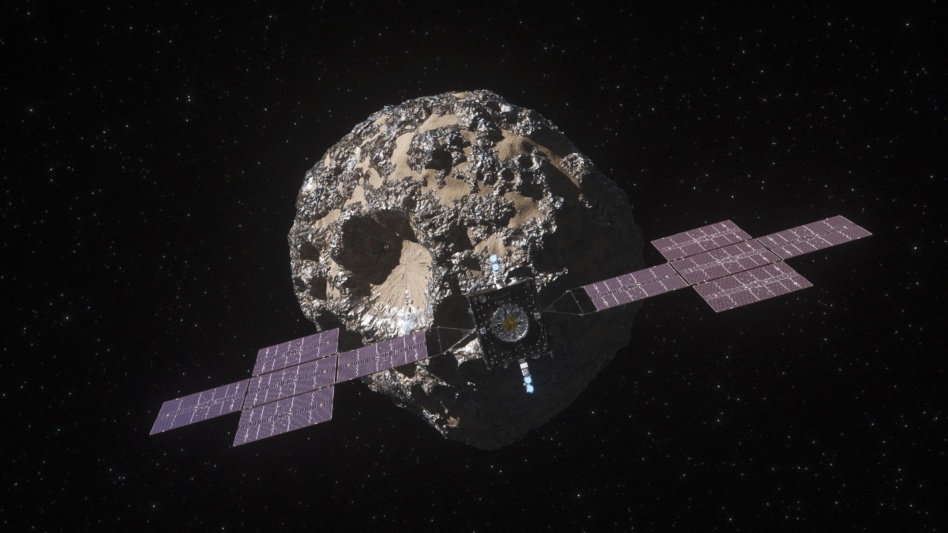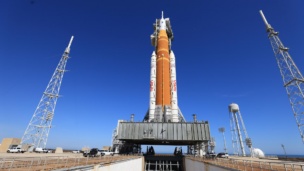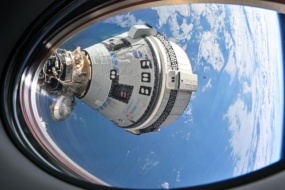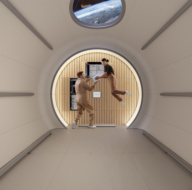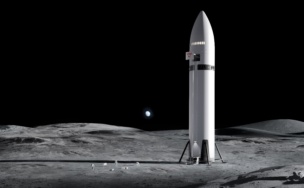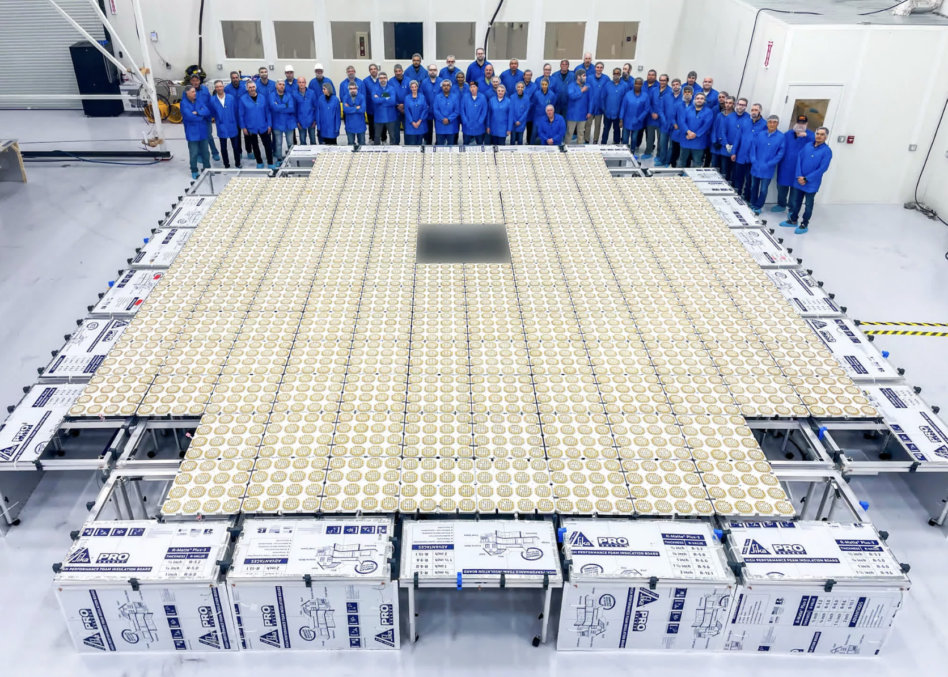Each year on this day, the UN honors a little-known event called Asteroid Day.
On Asteroid Day, we remember the 1908 Tunguska asteroid, which entered the atmosphere over Siberia and leveled more than 2000 sq km of forest. The event is dedicated to raising public awareness of the risk of asteroid impacts and the importance of scouring the skies in search of incoming threats. (Asteroid Day also boasts a motley crew of founders, including, but not limited to, former astronaut Rusty Schweickart and famed astrophysicist/lead guitarist of Queen, Brian May.)
For our part, we’re taking a look at some of the big news lately in asteroid discovery and analysis. Read on for our roundup.
Citizen asteroid hunters
Much of the most important work being done to identify asteroids zipping through the skies is done not by government science institutions, but instead by thousands of amateur astronomers across the globe. The work these citizen scientists do each night to scour the sky for new, fast-moving objects contributes to the body of knowledge NASA and other organizations maintain on the asteroids in our vicinity.
To encourage these citizen scientists, The Planetary Society recently awarded eight of them grants worth a combined $68,434 through its Shoemaker Near Earth Object (NEO) Grant program. The society has awarded 78 such grants over the past 26 years to bolster the efforts of the amateur asteroid hunters that have contributed their findings to science.
Running back a sample
In 2016, NASA launched its OSIRIS-REx mission to retrieve a sample from the asteroid Bennu and ferry it safely back to Earth. The craft has successfully notched each step of its mission so far, and now it’s on a heading home, carrying roughly 250 grams of asteroid debris.
OSIRIS-REx is slated to reach Earth in September. One step on NASA’s laundry list of preparations for its arrival is to conduct a sort of dress rehearsal. Earlier this week, a research team conducted a sample recovery rehearsal in Littleton, CO. Here’s hoping they’re ready for the real deal.
Upcoming missions
There’s still a whole lot of asteroid hunting to do to keep our planet safe, and a lot that astronomers believe they can understand about the formation and history of our solar system through asteroid analysis. A few of the planned missions for asteroid study are:
- Psyche, a NASA mission to study a metallic asteroid of the same name, is scheduled to depart in October.
- NASA has also begun construction of the Near-Earth Object (NEO) Surveyor telescope, which will hunt for nearby asteroids. Launch is currently slated for 2026.
+ For your viewing: We’ll concede that it’s only sort of a space movie, but in keeping with today’s theme, we can’t resist throwing out a recommendation to go out and see Wes Anderson’s Asteroid City while it’s in theaters this weekend.
